Poets don't run out of material the way novelists do because they don't depend on material in the same way
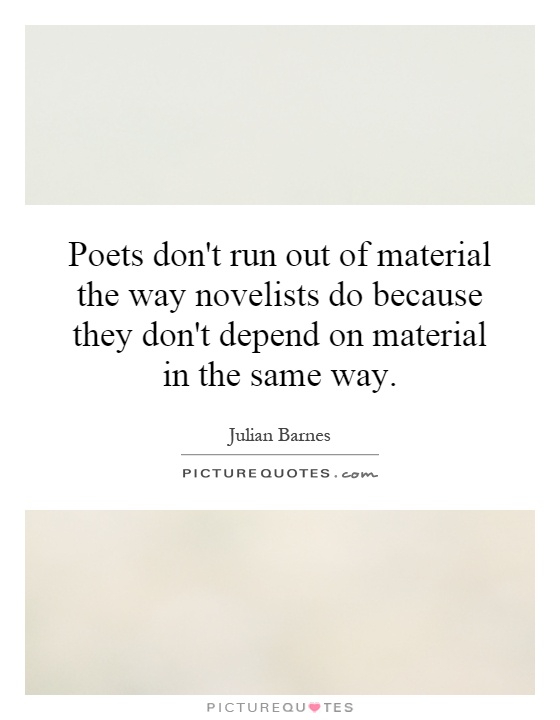
Poets don't run out of material the way novelists do because they don't depend on material in the same way
Julian Barnes, a renowned British author known for his novels and essays, has often explored the themes of memory, love, and loss in his works. While he is primarily known as a novelist, Barnes has also dabbled in poetry, showcasing his versatility as a writer. When considering the statement that "poets don't run out of material the way novelists do because they don't depend on material in the same way," it is interesting to examine how Barnes's approach to writing may align with this sentiment.In his novels, Barnes often draws inspiration from real-life events, historical figures, and personal experiences. For example, in his novel "The Sense of an Ending," Barnes delves into the complexities of memory and the passage of time through the story of a man reflecting on his past. This reliance on external material can sometimes limit a novelist's creativity, as they may feel constrained by the need to adhere to facts or stay true to a particular narrative.
On the other hand, poetry allows for a more abstract and introspective exploration of themes and emotions. Poets like Barnes may draw inspiration from their own inner thoughts and feelings, rather than external sources. This introspective approach to writing can be liberating for a poet, as they are not bound by the constraints of plot or character development.



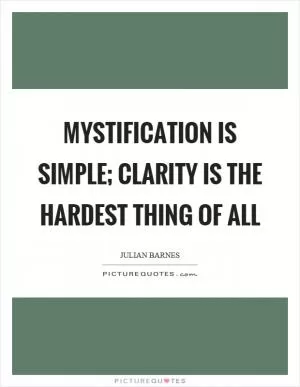
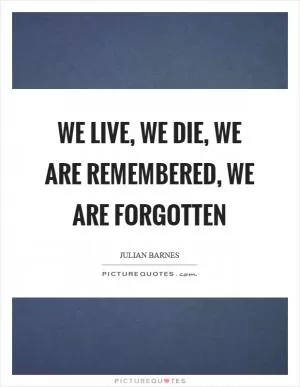

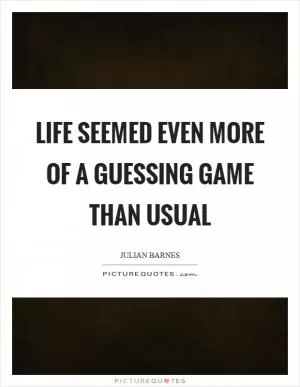

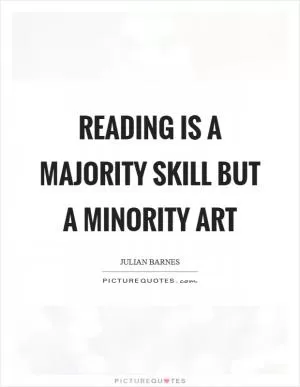
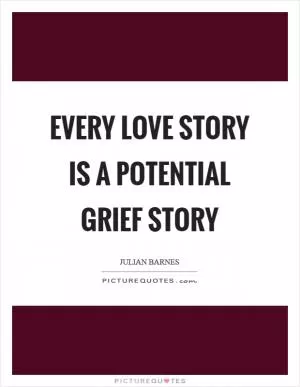


 Friendship Quotes
Friendship Quotes Love Quotes
Love Quotes Life Quotes
Life Quotes Funny Quotes
Funny Quotes Motivational Quotes
Motivational Quotes Inspirational Quotes
Inspirational Quotes